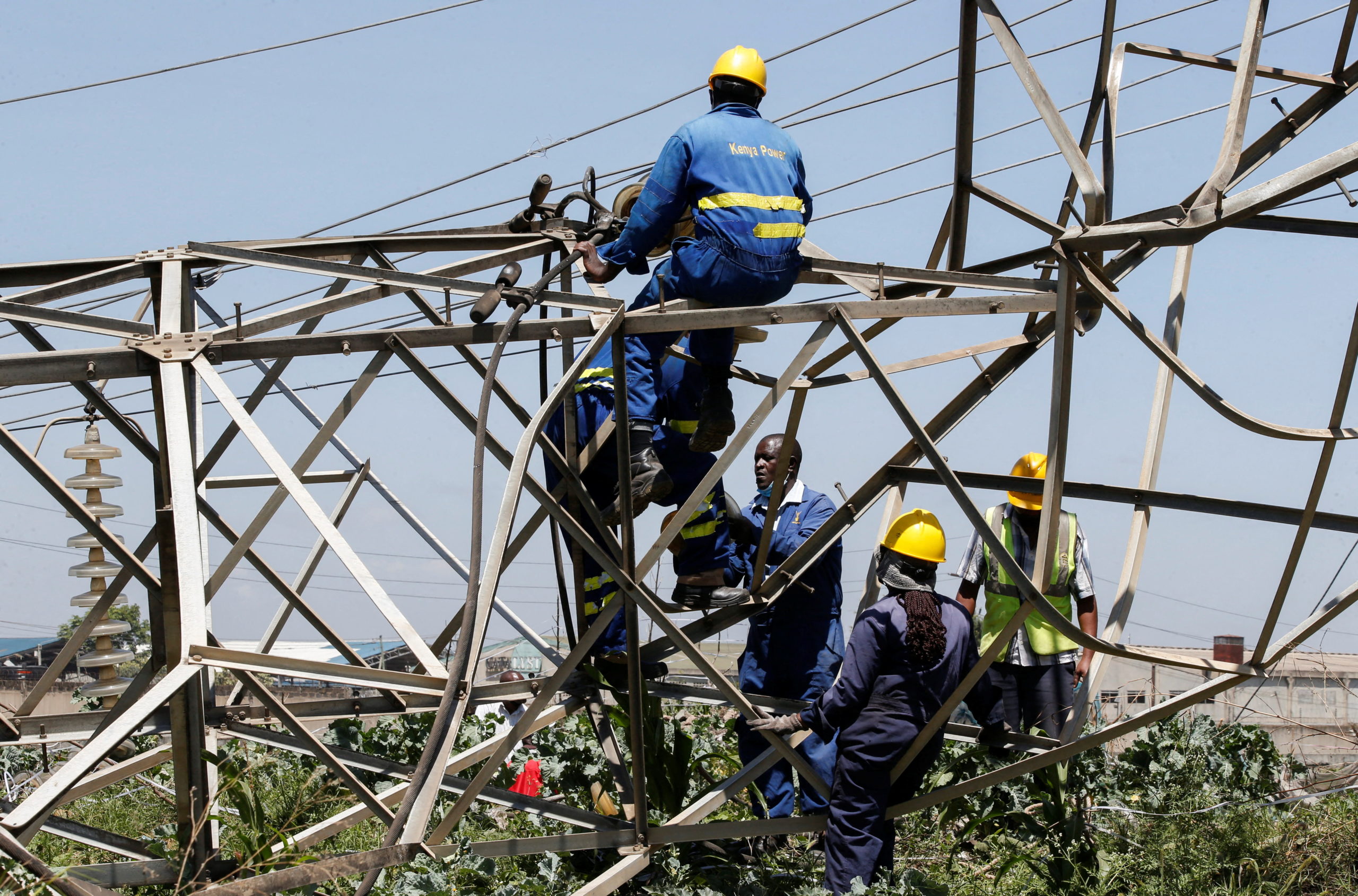Kenya Power and Lighting Company (KPLC) is under scrutiny after it was revealed that the company entered into long-term, multi-billion-shilling Power Purchase Agreements (PPAs) with independent power producers (IPPs) without seeking legal counsel from the State Law Office.
This omission has raised concerns and is now being linked to the escalating costs of electricity in the country.
Attorney-General Justin Muturi informed the National Assembly’s Energy committee that these agreements were made without the crucial input of the State Law Office, leaving room for potential legal complications and financial strain.
This lack of legal oversight coincided with a significant surge in Kenya’s electricity imports. Data from Kenya Power reveals a staggering 185.0 per cent increase in electricity imports in the eight months leading up to August, as compared to the same period the previous year.
The country imported a total of 594.01 million kilowatt hours (kWh), nearly tripling the 208.5 million kWh imported during the corresponding timeframe last year.
The need for increased imports arose due to a substantial drop in electricity production from the country’s hydro dams. Production plummeted by 21.0 per cent, generating only 2,094.0 million kWh in the eight months to August compared to the previous year.
This drastic reduction in production was a direct consequence of a severe drought that plagued the nation, leaving hydroelectric power generation severely hampered.
The repercussions of these challenges are far-reaching. High electricity costs burden consumers and businesses alike, impacting the economy and people’s livelihoods. The situation raises concern about Kenya’s energy security and the sustainability of its power supply.
The reliance on imports, especially during times of environmental stress like droughts, underscores the need for a diversified and resilient energy strategy.
Experts are urging a comprehensive review of the existing power purchase agreements since the IPPs have an upper hand in negotiating for the supply of electricity to KPLC based on the current state of hydro-electricity generation.
This scrutiny is crucial to ensure that these contracts align with legal frameworks, economic feasibility, and the long-term energy needs of the nation. Additionally, investing in renewable energy sources, such as solar and wind, could enhance domestic production, reduce dependency on imports, and mitigate the impact of climate-related challenges.

















